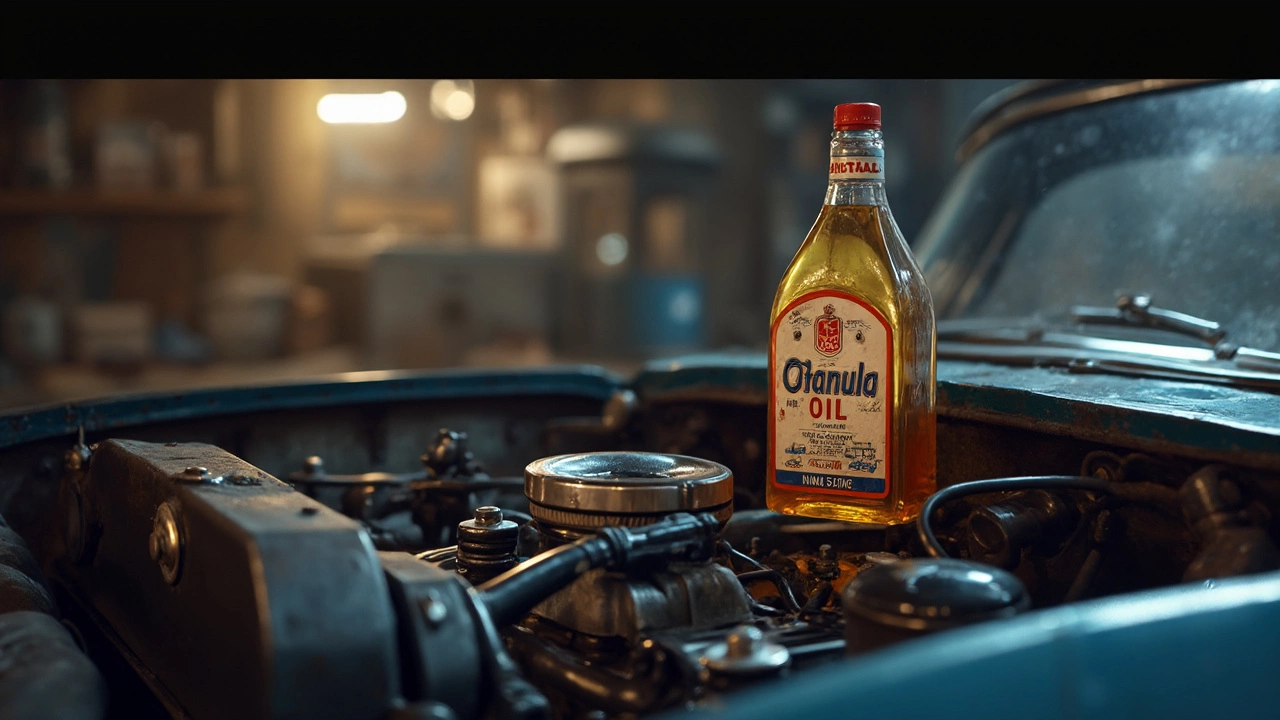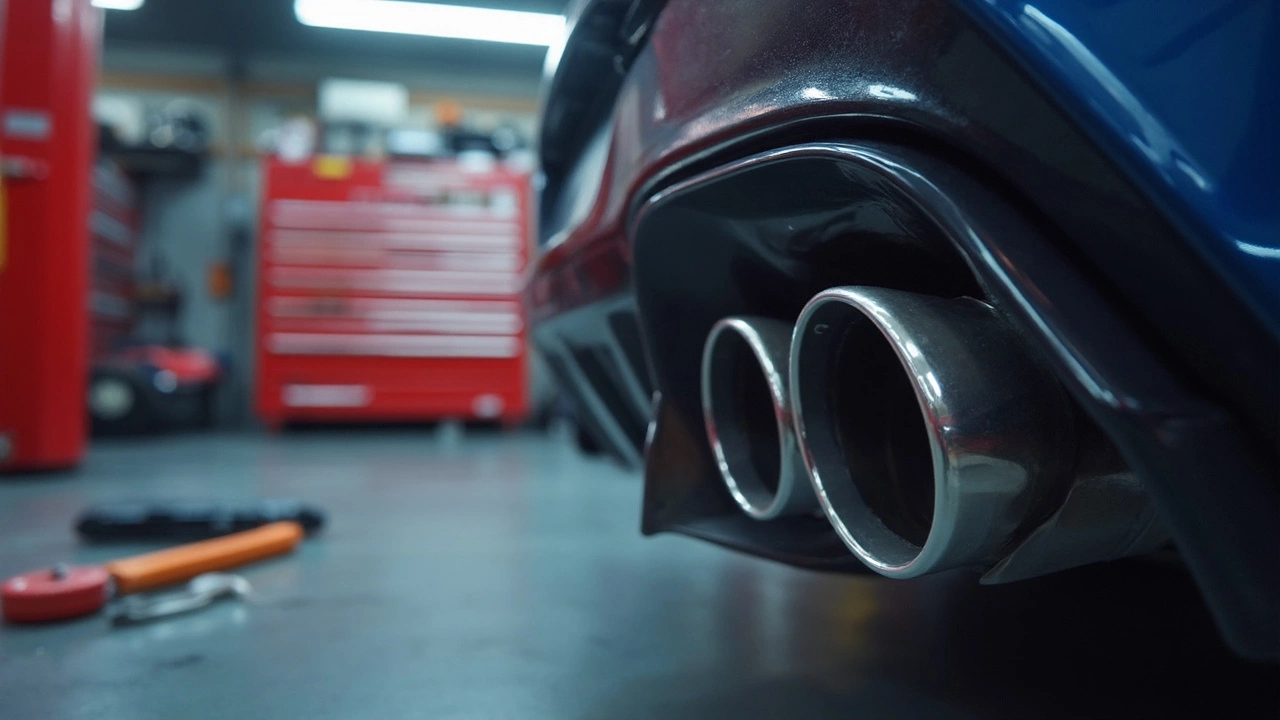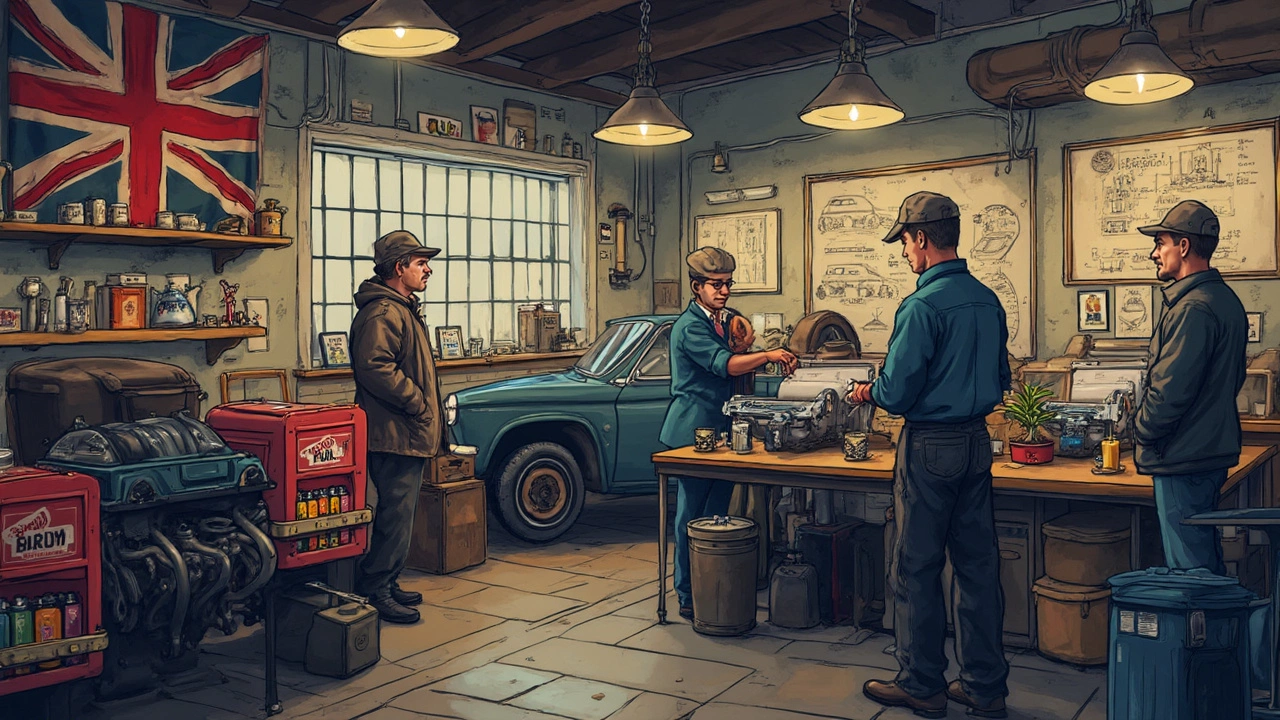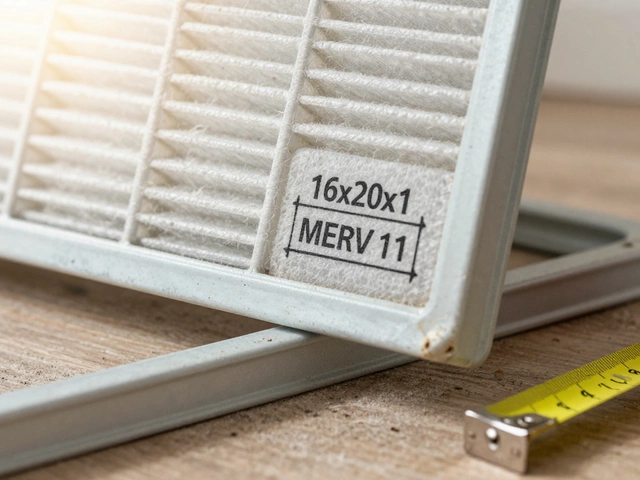February 2025 Car Care Archive – Quick Guides for Every Driver
Welcome to the February roundup from Northwich Tyres Centre. In just a few weeks we packed a lot of practical advice into short, easy‑to‑read posts. Whether you’re looking to save a few pounds, avoid a breakdown, or stay on the right side of the law, you’ll find something useful here.
DIY Savings & Safety
One of the most popular questions we get is whether buying brake pads yourself really saves money. Our guide breaks down the cost difference between DIY purchases and shop‑fit services, and warns about the risks of low‑quality parts. If you decide to go the DIY route, we give you a checklist for inspecting the pads before installation.
Dirty engine oil is another hidden expense. We listed the top symptoms—like engine knocking, black smoke, and a drop in mileage—so you can spot problems early. The post also explains how long oil can sit before it degrades, helping you plan timely changes.
Got a hot car cabin? Our AC troubleshooting piece walks you through the most common culprits, from low refrigerant to a clogged condenser. You’ll learn a few quick checks you can do at home before calling a tech, and discover why a simple radiator flush can restore chill on scorching days.
Replacing windscreen wipers doesn’t have to be a guess. We showed you how to measure the blade length on the driver and passenger sides, where to find the right part number, and a few tricks for a smooth fit. The guide even includes a fun fact: the wrong size can actually cause streaking and reduced visibility.
Performance & Legal Insights
Changing a fuel pump? Safety first—disconnect the battery. Our step‑by‑step reminder explains why cutting power prevents sparks and protects the vehicle’s electronics. Follow the quick tip list and you’ll avoid a nasty surprise under the hood.
Thinking about a full system exhaust? We unpacked the legal side, outlining the main UK regulations, possible fines, and how to stay compliant while still gaining a performance edge. The article also suggests noise‑limit checks and emission tests to keep you on the straight‑and‑narrow.
Finally, we touched on a few performance topics that sparked interest: does a full exhaust really add horsepower, and what size should you choose for a 300 HP engine? The short answers point you to the right data—pressure drop, back‑pressure, and pipe diameter—so you can make an informed decision without guessing.
All of these posts aim to give you clear, actionable steps. No jargon, no fluff—just the info you need to keep your car running smoothly, safely, and affordably. Bookmark this page and come back whenever you need a quick refresher, or explore the full articles for deeper details.
 28 February 2025
28 February 2025
Is It Cheaper to Buy Brake Pads Yourself?
Exploring whether you can save money by purchasing brake pads yourself, this article examines the pros and cons of a DIY approach compared to professional installation. It delves into practical tips and potential pitfalls of sourcing your parts, highlighting factors such as quality, price variations, and personal expertise. Discover how buying your own brake pads might impact your safety, budget, and time. It offers insights into common mistakes and crucial considerations before deciding on your brake pad strategy.
 27 February 2025
27 February 2025
Symptoms of Dirty Engine Oil You Need to Know About
Dirty engine oil can cause a variety of issues in your vehicle, compromising performance and longevity. Understanding the symptoms of contaminated oil helps you address them promptly. This article explores signs like engine noise, poor mileage, and excessive exhaust smoke. Discover practical tips to keep your car running smoothly.
 26 February 2025
26 February 2025
Make Your Car AC Cold Again: Simple Solutions to Beat the Heat
If your car AC isn’t as cold as it used to be, don't sweat it. This article dives into common reasons why your car's AC may not be performing well and offers practical fixes. We’ll explore everything from low refrigerants to radiator issues and help you tackle the problem yourself. Get back to enjoying those cool rides, even on the hottest days. Fixing your AC might be easier than you think.
 25 February 2025
25 February 2025
Find Your Windscreen Wiper Size Easily
Choosing the right size of windscreen wipers is essential for clear visibility and safe driving. This article will guide you on how to determine the correct wiper size for your car, offer tips for measuring and selecting wipers, and highlight some fun facts about these essential auto parts.
 25 February 2025
25 February 2025
Disconnect Battery First? Swapping Out Your Fuel Pump Safely
Wondering if you should disconnect the battery when changing your car's fuel pump? This practical guide explores why it's crucial to cut power before swapping out your fuel pump, ensuring both safety and efficiency. Learn valuable tips and intriguing facts about maintaining your car's fuel system, so you can tackle this task like a pro. Discover how small steps can make a big difference in your car's performance and your peace of mind.
 24 February 2025
24 February 2025
Is Full System Exhaust Illegal?
Full system exhausts can improve a vehicle's performance but are often at the center of legal debates. This article explores whether they're illegal, diving into regulations, potential fines, and common misconceptions. Learn how to navigate legal waters when modifying your car's exhaust system. The guide also offers tips for maintaining compliance and maximizing benefits.
 22 February 2025
22 February 2025
Three Types of Air Filters to Improve Your Indoor Air Quality
Air filters come in various types, each serving unique purposes in improving indoor air quality. The three main types are HEPA filters, activated carbon filters, and electrostatic filters. Each type has its own advantages, with HEPA filters capturing the tiniest particles, activated carbon filters tackling odors, and electrostatic filters being washable and cost-effective. Understanding the differences helps you choose the right one to keep your home environment fresh and breathable.
 21 February 2025
21 February 2025
How Many Spark Plugs Are in a Car?
Spark plugs are small but crucial components of a vehicle's ignition system, responsible for igniting the fuel-air mixture in the engine cylinders. The number of spark plugs depends on the engine type; most cars today have one spark plug per cylinder. Understanding the correct number for your vehicle can aid in proper maintenance and performance checks. Regular inspection and replacement of spark plugs can optimize fuel efficiency and reduce emissions.
 20 February 2025
20 February 2025
How Long Can Engine Oil Sit Before It Goes Bad?
Engine oil is essential for keeping your vehicle running smoothly, but have you ever wondered how long it can sit in your engine before it goes bad? This article explores the shelf life of oil, factors that affect it, signs to watch for, and tips for ensuring your oil keeps your engine in top shape. Learn how to effectively manage your vehicle's oil to maintain both performance and longevity.
 19 February 2025
19 February 2025
Does Changing Exhaust Affect Engine Performance?
Switching out your car's exhaust system might seem like a simple way to boost performance or sound. But what's the real impact on your engine? This article digs into how changing your exhaust affects engine efficiency, emissions, and overall performance. We'll explore what you need to consider before diving into modifications, offering practical tips and insights to help you decide if swapping your exhaust makes sense for your ride.
 18 February 2025
18 February 2025
Loudest Exhaust Types: A Deep Dive into Decibels and Roar
Discover what makes some exhaust systems louder than others and explore the wild world of sound engineering. In this article, we'll delve into how different materials, shapes, and installation techniques can affect the noise levels of exhaust systems. Get ready to learn which types of exhausts are known for their earth-shaking roars and why some drivers crave the auditory experience. Whether you're a gearhead or just curious, this article will uncover the nuances of noisy exhausts. We'll even offer some practical tips for those tempted by the rumble.
 17 February 2025
17 February 2025
What Engine Oil to Use for Your Car: A Handy Guide
Choosing the right engine oil for your car can be confusing with so many options available. This guide breaks down the types of engine oil, what those numbers mean, and how to select the best one for your vehicle. From understanding viscosity ratings to when to consider synthetic versus conventional oil, we provide you with the information you need to keep your car running smoothly. Adding oil properly can improve fuel efficiency and engine longevity. Get the facts you need to make an informed decision.
Latest Posts
Tags
- car maintenance
- engine oil
- spark plugs
- brake pads
- engine performance
- vehicle maintenance
- spark plug replacement
- windshield wipers
- fuel pump
- suspension parts
- clutch replacement
- oil change
- clutch kit
- car suspension
- car performance
- air filters
- car radiator
- exhaust systems
- fuel pump replacement
- engine misfire






0